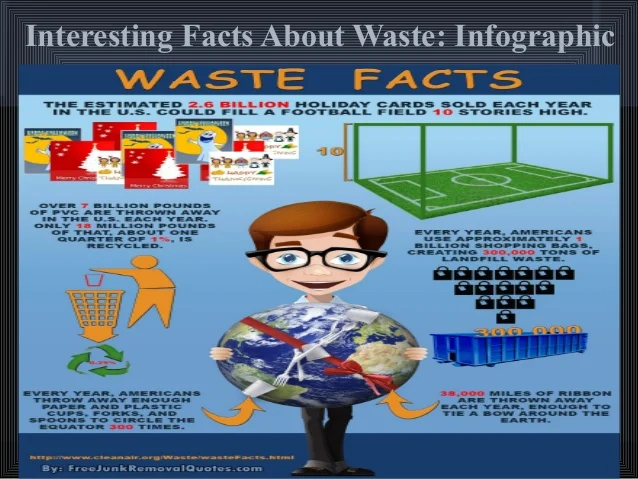The Transformation Of Dumpster Rental: An Assessment Of Its History, Current State, And Future Potential Customers
The Transformation Of Dumpster Rental: An Assessment Of Its History, Current State, And Future Potential Customers
Blog Article
Author-Aguilar Langston
As you contemplate the advancement of dumpster service, think about exactly how each age has contributed to shaping the waste management landscape we browse today. From humble starts in the 1930s to the innovative innovations of the here and now, the trip of dumpster service has been noted by development and adjustment. However what rests on the perspective for this important service? The future fads in sustainable practices hold the secret to opening a much more efficient and eco-conscious strategy to waste administration. Remain tuned to discover just how the dumpster leasing sector is poised to embrace a greener tomorrow.
Historical Origins of Dumpster Rental
Check out the beginnings of dumpster rental and exactly how it has formed waste administration techniques over time.
Dumpster rental traces back to the 1930s when George Roby Dempster, a Tennessee business owner, created the Dempster-Dumpster. This crucial creation reinvented waste disposal by providing an assigned container for collecting and delivering garbage effectively. Originally made use of for building and construction websites, the principle quickly increased to property and business setups, resulting in the establishment of the first dumpster rental solutions in the 1960s.
For many years, dumpster service has actually considerably influenced waste administration practices by advertising convenience, sustainability, and organization. The ability to systematize waste in committed containers improves collection procedures, reduces littering, and improves reusing efforts. Furthermore, dumpster rental encourages individuals and services to take on liable waste disposal practices, adding to cleaner settings and minimized environmental influence.
Modern Innovations in Waste Monitoring
Incorporating advanced modern technologies and lasting practices has reinvented waste monitoring over the last few years, enhancing effectiveness and ecological influence. One substantial innovation is using clever waste management systems that utilize sensors to keep an eye on waste levels in real-time, maximizing collection courses and routines. These systems help in reducing unneeded pick-ups, lowering gas consumption and discharges.
An additional modern advancement is the execution of waste-to-energy centers, where non-recyclable waste is converted into power with procedures like incineration or anaerobic food digestion. This not only minimizes the quantity of waste destined for garbage dumps yet likewise produces renewable energy.
Moreover, the introduction of single-stream recycling has streamlined the reusing procedure for customers, resulting in greater engagement rates and increased diversion from garbage dumps. Furthermore, Read Full Report in composting innovations have actually made organic waste management more reliable, turning food scraps and lawn waste right into useful garden compost for agricultural usage.
Anticipated Trends in Lasting Practices
Lasting waste monitoring techniques are developing quickly to fulfill the enhancing needs for environmental duty and resource effectiveness. As you aim to the future, several crucial patterns are anticipated to shape the industry. One major emphasis will get on decreasing waste generation through better product design and product packaging. Companies will progressively adopt circular economic situation concepts, intending to lessen waste and make best use of the life expectancy of items.
browse this site to look for is the rise of innovative recycling modern technologies. Developments in chemical recycling and pyrolysis are anticipated to use new solutions for handling complicated or contaminated waste streams that conventional recycling approaches have a hard time to process effectively. These innovations have the potential to change just how we manage waste, transforming difficult-to-recycle materials into important resources.
In addition, expect to see a greater focus on organic waste diversion. Composting programs and anaerobic food digestion facilities will come to be much more widespread as areas make every effort to reduce the amount of organic matter sent to landfills. By buying these lasting techniques, we can relocate towards a much more round and resource-efficient waste monitoring system.
Conclusion
Finally, dumpster rental has come a long way because its inception in the 1930s. From its humble starts on building and construction sites to its prevalent usage in household and commercial setups, the sector has actually continually developed to meet the altering demands of waste monitoring.
With the introduction of modern developments and a concentrate on lasting practices, the future of dumpster service looks encouraging, with a strong emphasis on performance, environmental duty, and advancement.
